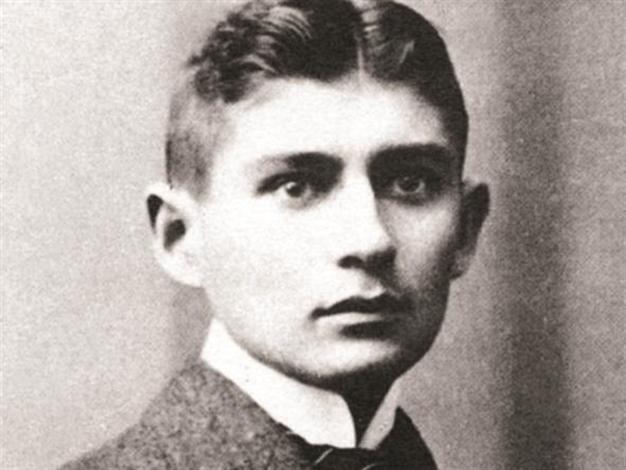Israel receives unseen works of Franz Kafka
JERUSALEM - Reuters

After trial, a collection of yet unseen Kafka writings, will be made public and transferred to Israel’s national library.
A collection of yet unseen Franz Kafka writings, stashed for four decades in a Tel Aviv apartment, will be made public and transferred to Israel’s national library, according to an Israeli court ruling published on Sunday.The papers had been held by Eva Hoffe and Ruth Wiesler, two sisters who argued in a more than four-year-long case that they legally inherited the documents from their mother, Esther Hoffe, secretary to Kafka’s close friend and executor, Max Brod.
But the court ruled that Brod, had ordered in his will that the majority of the documents he had given to his secretary should go to a public archive.
Leading experts have said they did not expect material to emerge from any of Kafka’s writings found in the apartment that would prompt major revisions of the works by the Jewish, German-language author who died in 1924.
But papers in the collection are believed to include manuscripts by Brod that could shed new light on Kafka’s life and times in Prague.
“It is a victory for the people of Israel,” the National Library’s Judaica Collection curator, Aviad Stollman, told Reuters. “These materials have been locked up for more than 40 years and will finally be exposed and made accessible to all,” Stollman said. Kafka’s “The Trial”, “The Castle” and “Amerika” were published after his death, when Brod, who was also his biographer, ignored the Prague-born writer’s dying wish to burn all unpublished work.
In 1939 Brod fled the Nazis, taking the last train out of Prague with a suitcase of Kafka papers under his arm. After Brod’s death in Israel in 1968, the archive was passed to Esther Hoffe.
Tel Aviv and Zurich
The secretary placed some of the writings in Tel Aviv and Zurich safe deposit boxes and the rest in her apartment in the Israeli city, fuelling a Kafkaesque mystery about their content.
Esther Hoffe died in 2007. Her gift to her daughters was challenged in court by the State of Israel, which said the writings should be in the public domain in the Jewish state.
Brod had already given much of Kafka’s manuscripts to the writer’s niece in 1956. They ended up in Oxford after a chance meeting between an English academic and the niece’s son -- Kafka’s great-nephew.
In Israel, Esther Hoffe frustrated scholars by denying them access to the papers in her possession -- though she sold Kafka’s manuscript of his novel “The Trial” for a reported $2 million in the 1980s.
















